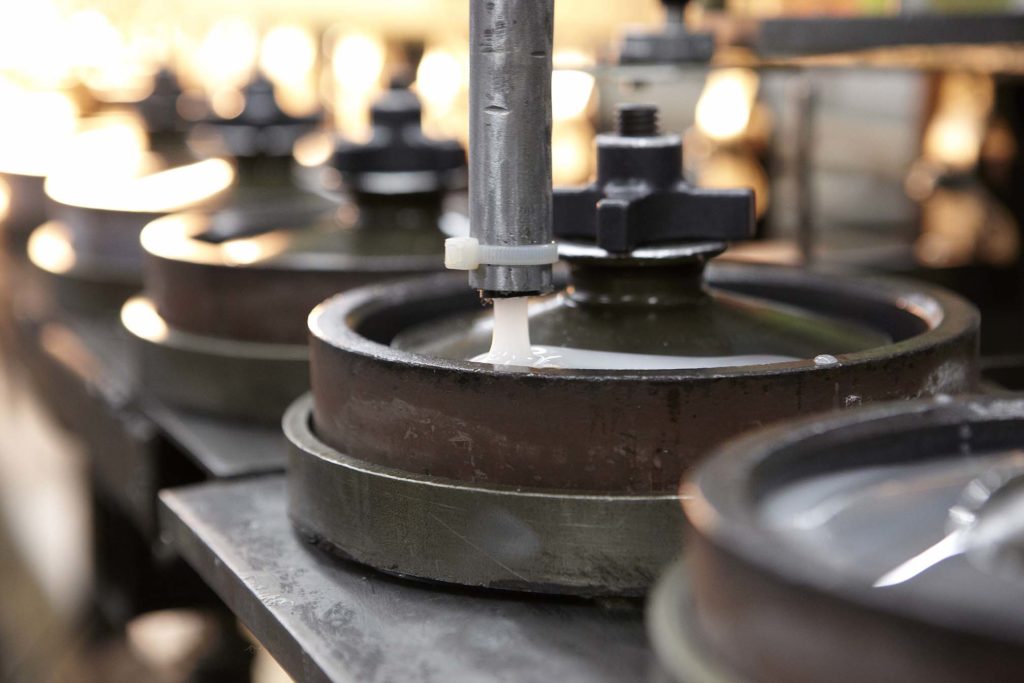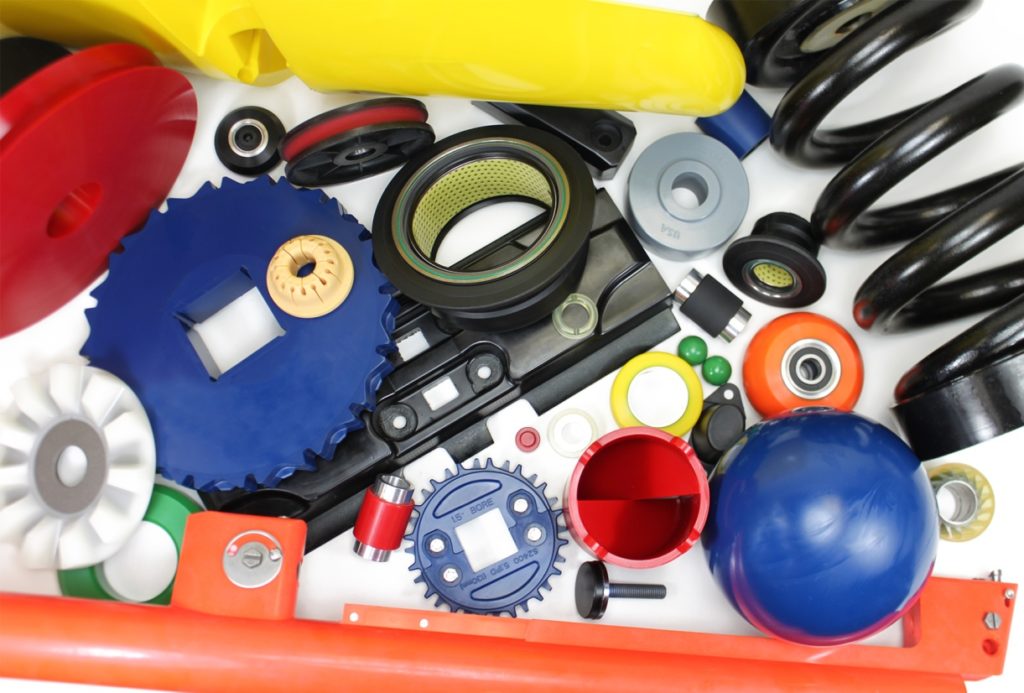Thermoset Urethane vs. Thermoplastic Urethane
Thermoset Urethane vs. Thermoplastic Urethane Do you understand the difference between thermoset urethane and thermoplastic urethane? Either type is useful for OEM applications. But, certain applications are better suited for one over the other. Thermoplastic Polyurethane (TPU) Thermoplastic urethane is a polymer. TPUs can have various combinations of flexible and rigid segments. This […]
Thermoset Urethane vs. Thermoplastic Urethane Read More »



